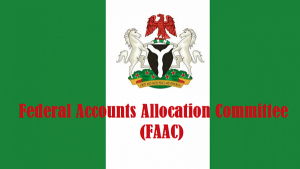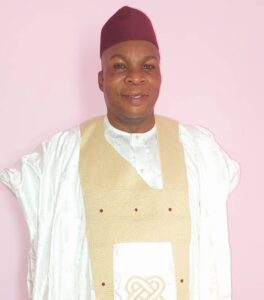
The Federal Government has reintroduced History as a compulsory subject in the basic education curriculum, a move designed to strengthen national identity, patriotism, and responsible citizenship.
The Federal Ministry of Education confirmed the development on Wednesday in a statement shared via its official X handle.
“For the first time in decades, Nigerian pupils will study History continuously from Primary 1 to JSS3, while SSS1–3 students will take the new Civic and Heritage Studies, integrating History with Civic Education,” the statement read.
According to the revised curriculum, Primary 1–6 pupils will be taught Nigeria’s origins, heroes, rulers, culture, politics, economy, religions, colonial rule, and post-independence governance. At the junior secondary level, JSS1–3 students will learn about civilisations, empires, trade, European contacts, amalgamation, independence, democracy, and civic values.
The ministry described the reform as a “priceless gift” to the nation, noting that it would reconnect children with their roots while inspiring pride, unity, and a sense of duty towards national development.
It further disclosed that plans have been put in place to retrain teachers, provide adequate resources, and strengthen monitoring to ensure smooth implementation of the new curriculum across schools.
History had been scrapped from the primary and junior secondary curriculum in 2009/2010 under the New Basic Education Curriculum, introduced two years earlier. The official reasons cited at the time included low student interest, limited career prospects for graduates, and a shortage of qualified teachers.
Efforts to reverse the policy began in 2017 when the Nigerian Education Research and Development Council announced the reintroduction of the subject. In 2022, the Federal Government commenced the first stage of a teacher training programme to prepare for its full return.







